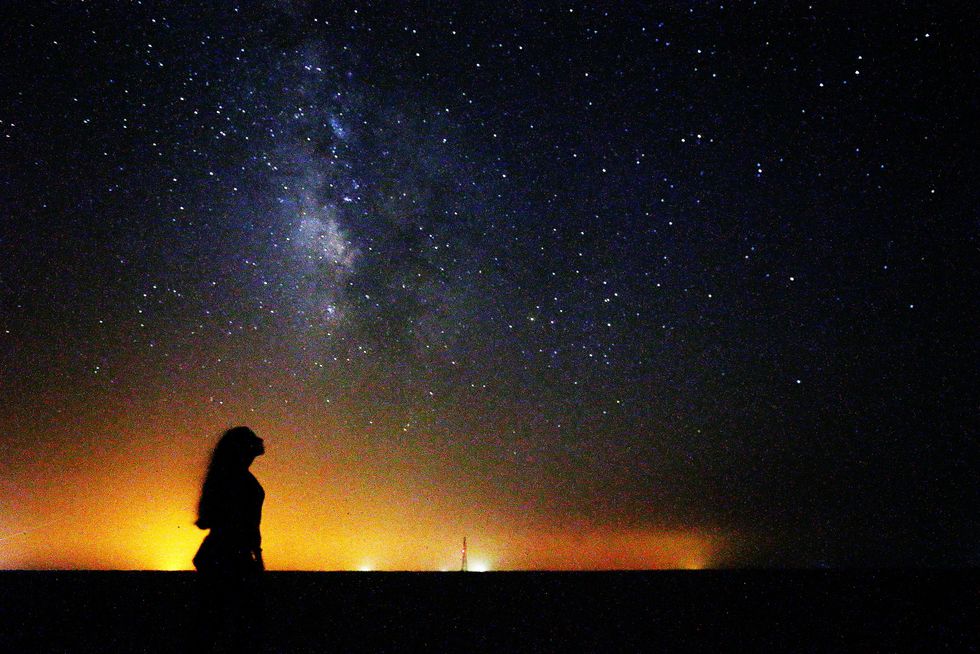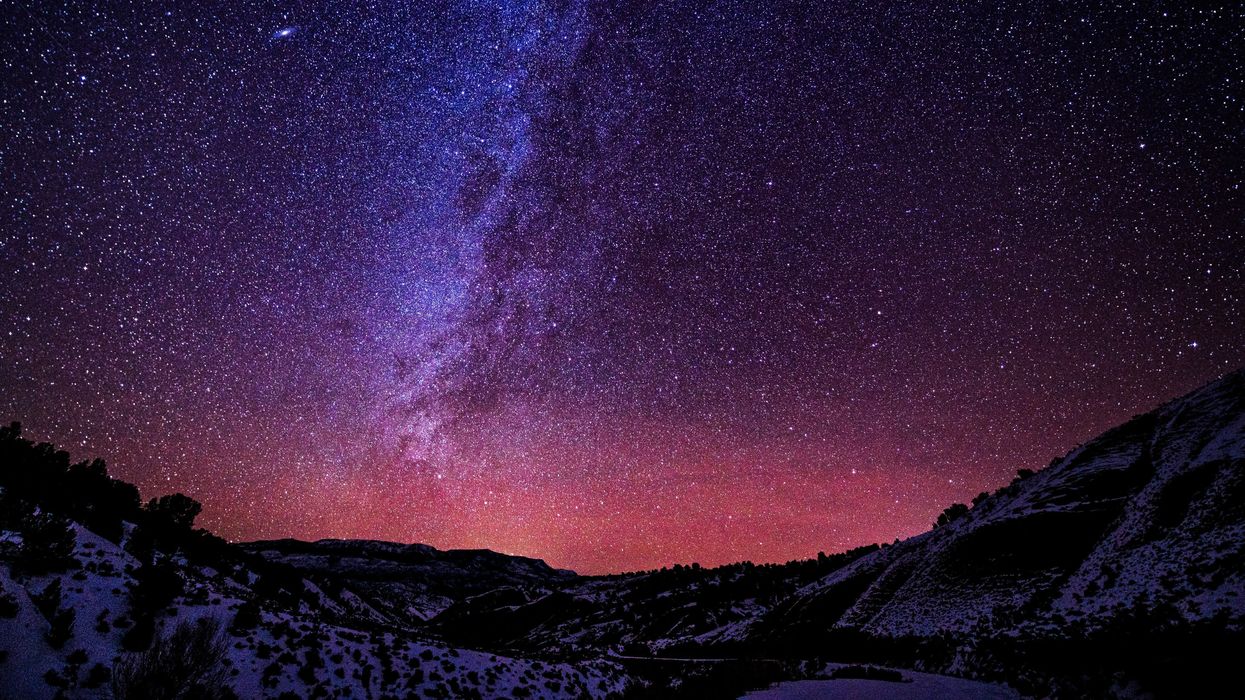Science & Tech
Brydie Monaghan
Jul 09, 2025
Astronomers stunned by deep space comet from another solar system
Wion - World News / VideoElephant
Our universe could be trapped in a billion-light-year-wide cosmic void, according to new research by scientists at the University of Portsmouth.
A team of astronomers have looked at the echoes left by the 'soundwaves' of the Big Bang, and theorised that our corner of the universe could be a lot emptier than previously thought.
There has been a long-held problem in cosmology, known as the Hubble Tension, which states how fast our universe expands depending on how you measure it, and this new theory could potentially answer this question.
When measuring the expansion rate by looking at the distant universe, astronomers can see that it’s markedly slower than the value they get from examining our local corner of the cosmos.
Dr Indranil Banik from the University of Portsmouth presented these findings at the National Astronomy Meeting in Durham, noting that, "A potential solution to this inconsistency is that our Galaxy is close to the centre of a large, local void."
Hypothetically, the regions around the void would have a higher density of galaxies, meaning their gravitational pull would slowly coax galaxies inside the void to the edge, slowly emptying the region over time.
“As the void is emptying out, the velocity of objects away from us would be larger than if the void were not there,” said Banik.
This would mean it would make the local Universe appear to be expanding faster than it actually is.

To be responsible for the Hubble Tension, the void would need to be around one billion light-years wide, with a galaxy density 20 per cent lower than the universe’s average.
The theory we may be living in a void has been around for a while but has been difficult to prove, as its hard to tell the shape of something from within.
Banik and their team, however, were able to find evidence of a local void by looking at baryon acoustic oscillations (BAOs).
These are the fluctuations caused by the pressure waves created during the Big Bang that were frozen in time early in the universe’s history.
Over billions of years, these oscillations have grown, shaping the distribution of galaxies in the universe around them.
If our galaxy were in the middle of a void, it would distort the pattern of BAOs near to us.
The study looked at measurements taken over the last 20 years, and found they all supported the theory that we truly are living in a void.
As people investigate how living in a void might affect other aspects of the Universe around us, we might finally have confirmation that our corner of the Universe is a lot lonelier than we thought.
Why not read…
- Citizen astronomers see moment star explodes by playing ‘spot the difference’
- Scientists shocked by what's happening to structure of the universe
Sign up for our free Indy100 weekly newsletter
How to join the indy100's free WhatsApp channel
Have your say in our news democracy. Click the upvote icon at the top of the page to help raise this article through the indy100 rankings
Top 100
The Conversation (0)














